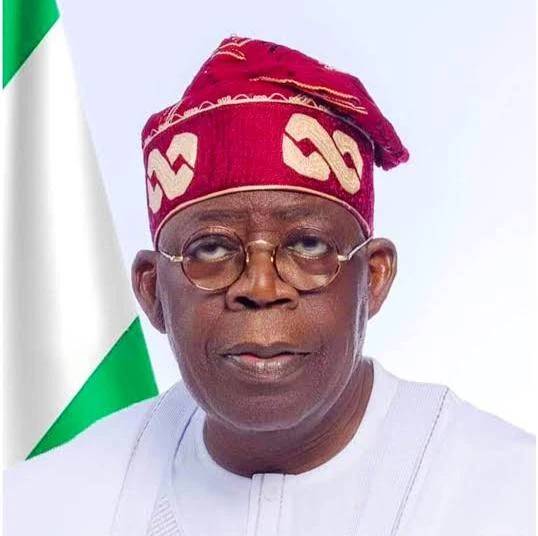In the face of mounting criticism and alarmist headlines suggesting Nigeria is collapsing under the weight of poverty, the presidency has strongly refuted such claims, emphasizing that while hardships exist, they are not indicative of a national collapse.
Framing the Narrative: No Collapse, But Challenges to Address
In a recent statement titled “Critique Requires Fact-Driven Narratives: A Response to Daily Trust Editorial,” presidential spokesperson Sunday Dare underscored the dangers of generalized pessimism. He stressed that while many Nigerians are indeed facing economic hardship, depictions of hunger and despair often rely on projections rather than verified realities. For example, the oft-cited figure of 33 million Nigerians at risk of hunger derives from a worst-case projection by the Cadre Harmonisé, not an actual tally of those experiencing hunger.
Government Interventions: From Grain Reserves to Social Programs
The Tinubu administration points to a series of deliberate, targeted responses aimed at cushioning citizens against the economic downturn:
-
Strategic Grain Releases: Over 42,000 metric tons of grain have been released from federal reserves, alongside additional procurement of 117,000 metric tons.
-
Food Security Initiatives: Activation of the Food Security Council and scaled-up emergency nutrition support in several northern states.
-
Support for Farmers & Producers: In 2025, half a million farmers received input support; the National Commodity Board was launched to stabilize food prices; transport subsidies were implemented to cut logistics costs
-
Social Investment Measures: Direct transfers benefited around three million families, while approximately 400,000 students now attend school without fee concerns.
Economic Shifts: Stabilization Amid Painful Reforms
President Tinubu and his supporters argue that the administration’s bold reforms have successfully averted a far more dangerous economic trajectory:
-
Fiscal Stabilization: The fiscal deficit narrowed from 5.4% of GDP in 2023 to 3.0% by 2024, and government revenues improved significantly.
-
Naira Recovery: After hitting a low of around ₦1,800 to the dollar in March 2024, the naira has strengthened to approximately ₦1,525 per dollar as of August 1, 2025.
-
Economic Recognition: The World Bank acknowledged the improvements in Nigeria’s fiscal position—even as it flagged that inflation remains a persistent challenge.
Conclusion: Hardship, But Not Collapse
The presidency’s position is clear: Nigeria is grappling with real economic difficulties—but it is not collapsing. The administration insists that fear-based narratives can deter progress and that ongoing reforms—though painful—are essential for long-term stability and prosperity.







